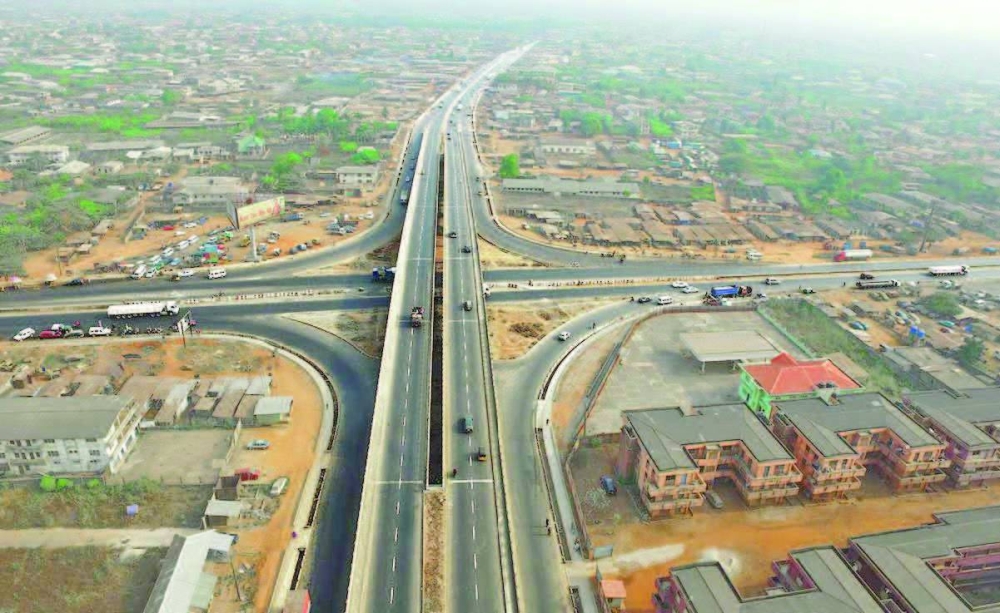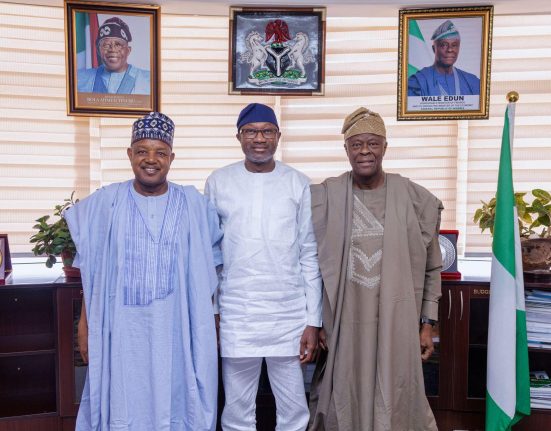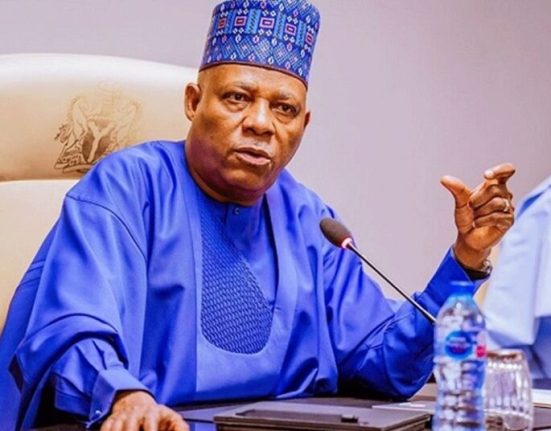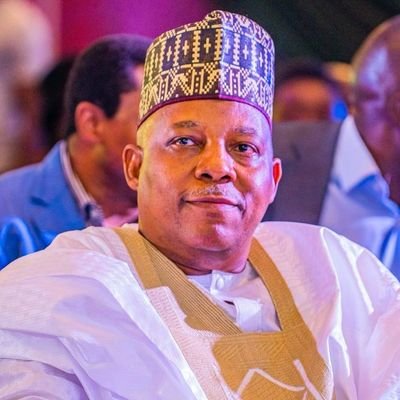
State governments in Nigeria have earmarked a staggering N28.8 trillion for infrastructure development projects across the country. This massive investment aims to bridge the nation’s infrastructure gap and stimulate economic growth. According to a recent report, the proposed spending will focus on critical areas such as transportation, energy, water supply, and housing. The investment is expected to have a significant impact on the country’s economy, including job creation, improved connectivity, and increased productivity. The planned infrastructure spending is a welcome development, given Nigeria’s significant infrastructure deficit. The country’s infrastructure gap is estimated to be around $3 trillion, with the World Bank noting that Nigeria’s infrastructure stock is among the lowest in the world. To finance these projects, state governments are expected to explore a combination of funding sources, including budgetary allocations, borrowing, and public-private partnerships. Effective project management, transparency, and accountability will be crucial to ensuring the success of these initiatives. Some of the specific projects earmarked for funding include:
- Road construction and rehabilitation: N6.3 trillion
- Energy infrastructure development: N4.2 trillion
- Water supply and sanitation projects: N2.5 trillion
- Housing development: N3.8 trillion
The proposed investment in infrastructure development is a positive step towards addressing Nigeria’s infrastructure challenges. As the country continues to grapple with the impact of the COVID-19 pandemic and other economic challenges, investing in infrastructure could help stimulate economic growth and improve the quality of life for Nigerians.






